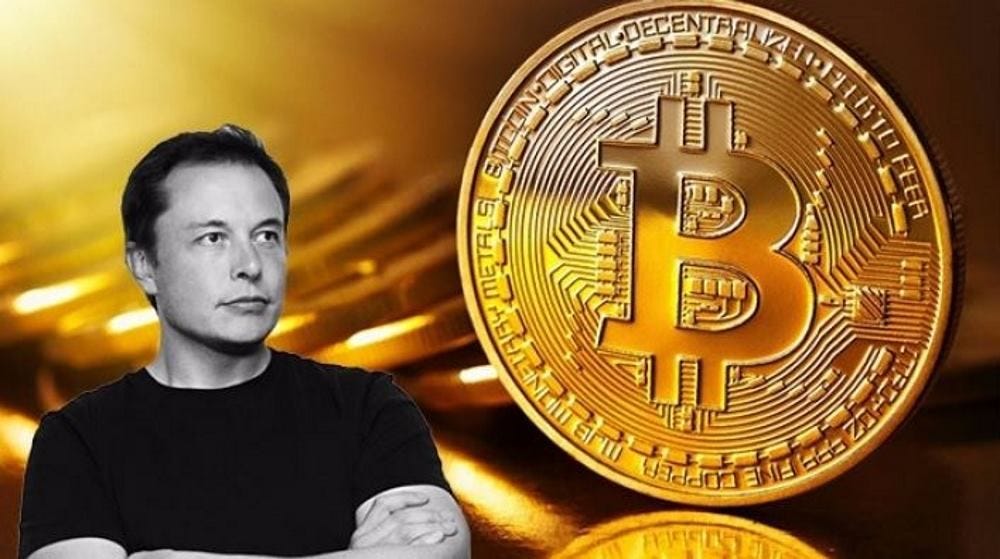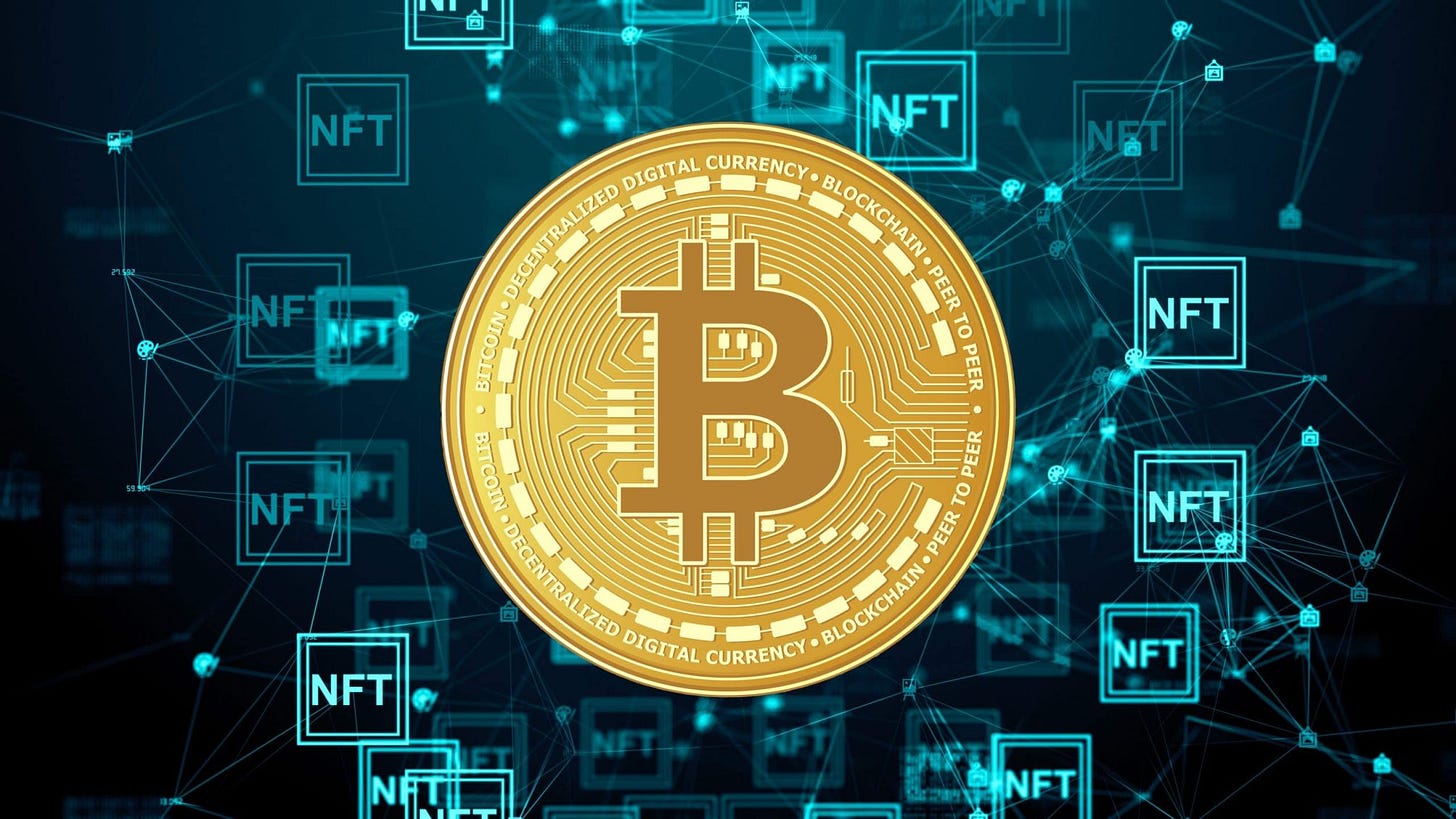Exploring Elon Musk's Critique of NFTs and the Bitcoin Community's Response
Musk's recent remarks on NFTs spark discussions on blockchain vulnerabilities and the resilience of fully on-chain alternatives.
In a recent episode of the "Joe Rogan Experience" podcast, Elon Musk added his voice to the ongoing discourse surrounding Non-Fungible Tokens (NFTs), specifically highlighting concerns about their storage and vulnerability. Interestingly, Musk's critique resonated with Bitcoin enthusiasts, sparking conversations about the strengths and weaknesses of various blockchain ecosystems.
Elon Musk's Perspective on NFTs
During the podcast, Musk pointed out a common criticism of NFTs, emphasizing that many of them are not fully stored on the blockchain. He expressed skepticism about the practice of using a URL to link to the digital artwork, which could be hosted on external servers, potentially jeopardizing the long-term accessibility of the associated NFT.
The Vulnerabilities of External Hosting
Musk's concerns echo a longstanding issue within the NFT space. The reliance on external servers became particularly evident when crypto exchange FTX faced a collapse, causing disruptions in the functionality of NFTs associated with the platform. This vulnerability raises questions about the durability of NFTs if the hosting companies face challenges or go out of business.
Variations in NFT Storage
While Musk's critique holds true for certain NFT projects, it's essential to note that not all NFTs follow the same model. Projects on Ethereum, the primary blockchain for NFTs, vary in their approach to storage.
Some, like CryptoPunks and Moonbirds, store their artwork directly on-chain, addressing Musk's concerns. The decentralized storage platforms also offer solutions for users to safeguard their NFTs in case of unforeseen circumstances.
Clarifying the Nature of NFTs
It's crucial to dispel a common misconception surrounding NFTs. An NFT is not the artwork itself; rather, it functions as a proof of ownership, serving as a link to the digital or physical item it represents.
Some NFTs store the associated content on a decentralized blockchain, ensuring immutability and censorship resistance, while others may represent ownership of real-world items.
Bitcoin's Alternative
In contrast to the predominant NFT ecosystems, Bitcoin offers an alternative through its Ordinals protocol. This protocol enables users to "inscribe" artwork directly onto the blockchain, tying it to a single satoshi. This unique approach ensures that the artwork remains permanently inscribed on the blockchain, providing a fully on-chain solution.
Bitcoin Advocates' Response
Elon Musk's critique found resonance among Bitcoin advocates, particularly those supporting the Ordinals protocol.
They argue that Ordinals' fully on-chain model offers a superior solution to the vulnerabilities highlighted in Musk's comments. This sentiment is backed by the growing number of inscriptions on the Bitcoin blockchain, as mentioned by advocates like Will Clemente and Rohun Vora.
Conclusion
Elon Musk's critique of NFTs has added fuel to the ongoing discussions about the strengths and weaknesses of blockchain-based assets.
The vulnerabilities associated with external hosting have prompted a closer examination of alternative models, such as Bitcoin's Ordinals protocol. As the conversation evolves, the quest for more secure and resilient blockchain solutions continues, highlighting the ever-evolving nature of the cryptocurrency space.




